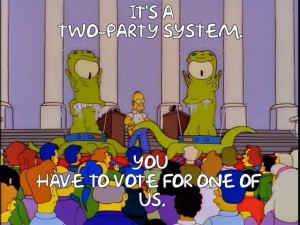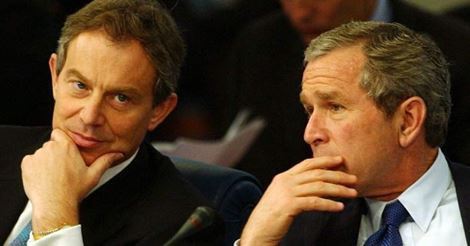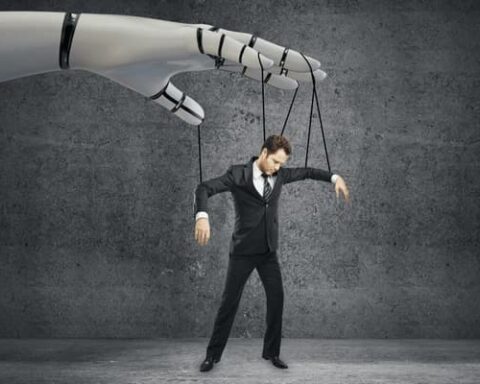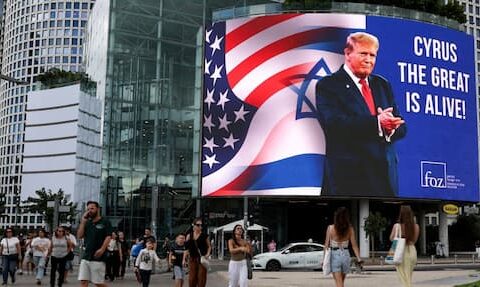Sure, probably a lot of people voted.
I’ve published this article on Election Day, but without knowing what the results are, as the counting will be going on all day.
But I think we can assume Labour ‘won’: the only interesting thing to see will be how convincingly they won.
But it’s not surprising in the slightest that a recent poll predicted the ‘worst voter turnout in modern history’ for this egg fart of a UK election.
Yes, I know polls are entirely unreliable. But a notably low voter turnout would be entirely in keeping with the palpable mood of the country.
This election cycle has had all the spirit and conviction of an England football performance at Euro 2024. Gareth Southgate might as well be running as a candidate.
People across the spectrum are unengaged by the increasingly tedious political pantomime, fed up with the major parties, and generally pissed off at the state of things.
And the amount of people who consider themselves ‘politically homeless’ must be at an all-time high.
I want to come back to the issue of political homelessness at the end, because I think it could actually be more of a good thing in the long term than a bad thing.
But this particular poll I was referencing, which was conducted by Techne UK and covered in The Independent, also highlighted that younger people are the most disenfranchised (and justifiably), with an estimated 30% of 18 to 34 year olds not registered to vote.
It also suggested university students were especially unlikely to be voting in this election.
And again, who could blame them?
Techne UK’s chief executive Michela Morizzo says in the piece: “There is no question this election could present the lowest turnout, perhaps, in election history. The key issues with those voters who say they will not vote, whether they be young or of older years, is they say that they cannot trust any political party or politician…’
Yep, that sounds about right.
I was very close to not voting. I’ve never entirely subscribed to the whole ‘Democracy is a Sham’ school of thought: but in the last few years I’m as close as I’ve ever been to that view.
The last time my sister told me she wasn’t voting, I remember hitting her with the whole Suffragettes guilt trip and the fight for women’s voting rights.
This time, when she told me she wasn’t voting, I didn’t bother.
Because I entirely understand the apathy.
I just about forced myself to vote, by the way: but it’s easy for me, as I vote postally.
I tossed my vote to the Green Party, like I was tossing stale pieces of bread to a duck: which is what tends to happen by default when the major parties are pissing me off.
And you might start thinking that such a vote is more or less a waste: because, ‘oh, the Green Party isn’t going to get anywhere, etc’.
And yes, that’s how it often feels.
But, you know, I’m sure the local Greens appreciate any support they can get. Likewise with the Workers Party, the Social Democrats, that Bin Face fellow, or whoever else is contesting seats.
And people often forget that your vote isn’t for a Prime Minister: it’s for your local MP.
So if you’re thinking locally, then it shouldn’t be considered wasteful or tokenistic to give your vote to someone not affiliated with the major political parties.
George Galloway demonstrated that in Rochdale.
This is also where I think the whole thing of being ‘politically homeless’ is actually a good thing, especially the more people feel that way.
Because it means we can spread our votes around more.
Why *not* give a vote to smaller parties? If enough people do that more often, it could start to change things slowly.
Why are we so beholden to just the two major political entities and their neverending game of back-and-forth? Who decreed that only two political parties matter and should have a permanent stranglehold?
And why does the media perpetuate this paradigm all the time too, acting as if smaller parties don’t matter?
It’s even worse in the US, where smaller candidates or parties aren’t even referenced in the media coverage.

And why do so many people cling to those parties as if it’s their football team?
There are OTHER parties.
And there are independents.
What is it about Britain and America that insists your only meaningful choice is either a rock or a hard place?
Yes, I know our voting system isn’t proportional and is rigged to massively favour the two establishment parties.
Even so, I still think our votes matter, even if in small ways.
And this could be a year for independents and smaller parties to cause some upsets. Such as Jeremy Corbyn in Islington.
I’ll also be keeping an eye on Faiza Shaheen’s independent campaign in her constituency where she was unceremoniously exiled from the Labour Party by Keir Starmer.
And again, George Galloway’s situation in Rochdale has also demonstrated how voting outside of the major parties can yield results.
If Labour loses some significant seats to their wronged former MPs like Corbyn and Shaheen, and if the Tories lose substantial votes to Reform UK on the right, it could meaningfully demonstrate a growing significance of smaller entities.
This could be an election that starts off a positive trend towards more diverse political outcomes.
If it isn’t, then all of the mounting anger and disillusion in this country will remain impotent and inconsequential for the most part.
For that matter, look at the impact UKIP has had on the course of political events in Britain. They may not have won seats, but their mere presence, nibbling away at the Tories’ arses, has been one of the biggest influences on modern British history.
Proving that it isn’t even always about actual seats or wins, but about effecting the political landscape in indirect ways.
This whole article, by the way, has basically been me trying to reaffirm that my/your vote still matters.
But I’m not sure if I’m trying to convince you guys of this or trying to convince *myself* of it.
Probably both.
I’m not sure I’ve succeeded either.
By the way, I used a metaphor earlier about feeding bread to ducks. That was irresponsible of me: bread is actually bad for ducks.
They prefer oats or seeds, apparently. Who knew?





Well if our lousy General Election achieved anything much more than smashing the noxious Tories (hurrah!) whilst propping up Starmer’s thinly-veiled Red Tories who secured a seemingly inevitable if deceptively shallow landslide (boo!), at least it has entirely shown up the unfairness and plain stupidity of our FPTP system. One third of the votes somehow delivered two-thirds of the seats! Absolutely bonkers! If that doesn’t intensify the calls for electoral reform, then what else can?
Meanwhile, in these torrid times, I guess we just ought to count any blessings where and whenever we find them… And the major positive under such circumstances: 5 new anti-genocide independent MPs including the re-election against all the odds of Jeremy Corbyn. A Labour leader who secured more votes than Starmer at TWO General Elections, and who enjoyed a vote share just 1.6% lower even in 2019, and who is, undoubtedly, the greatest PM this country never had.
I actually wouldn’t say Corbyn’s win was against the odds, I think he was well set to win that seat comfortably.
But your broader points hit the mark, as usual. And it is hilarious that Starmer’s 2024 landslide had less votes than Corbyn’s 2017 defeat. Elections, hey?
Well, here’s to England beating Spain in the football this Sunday.